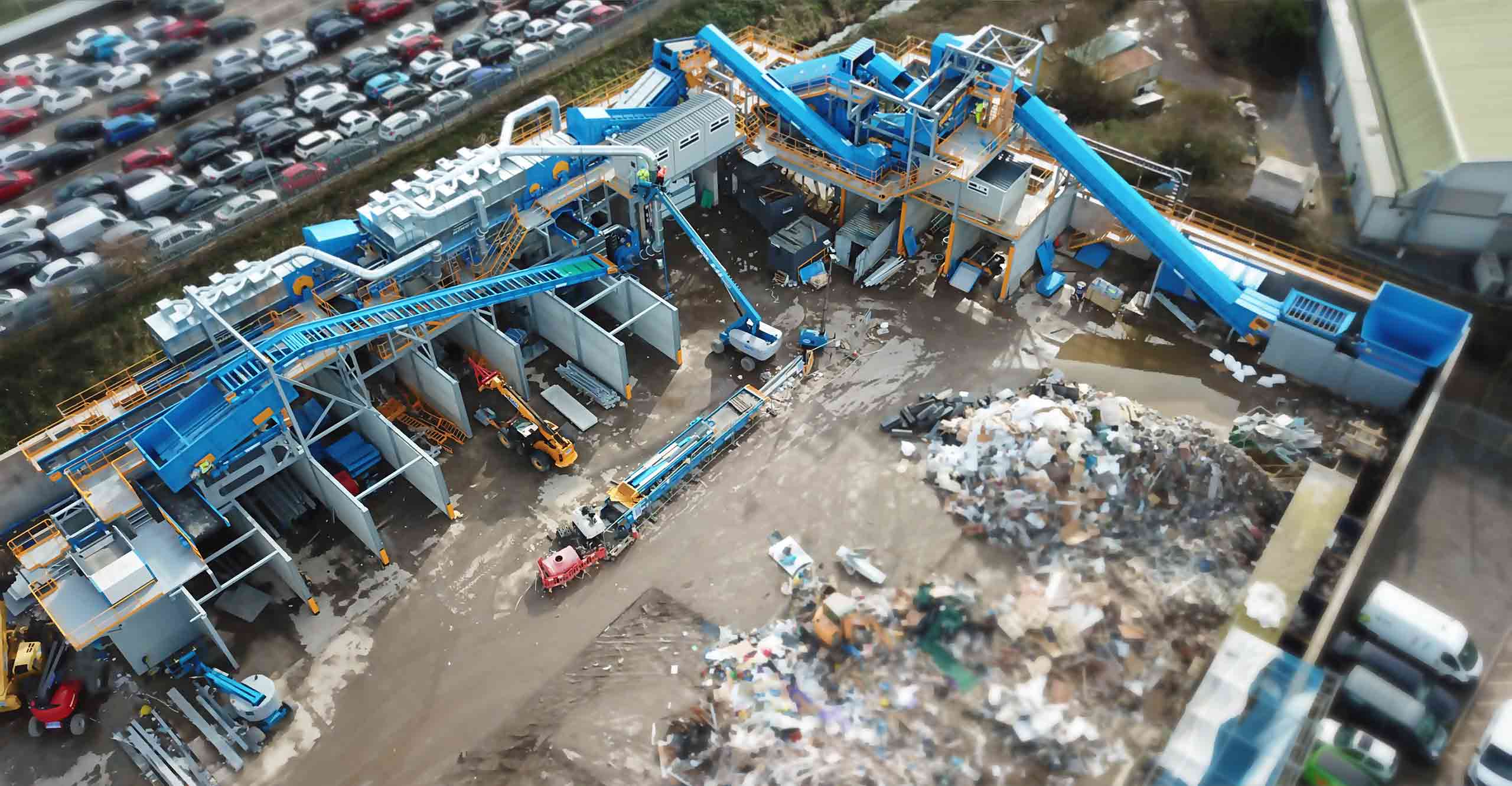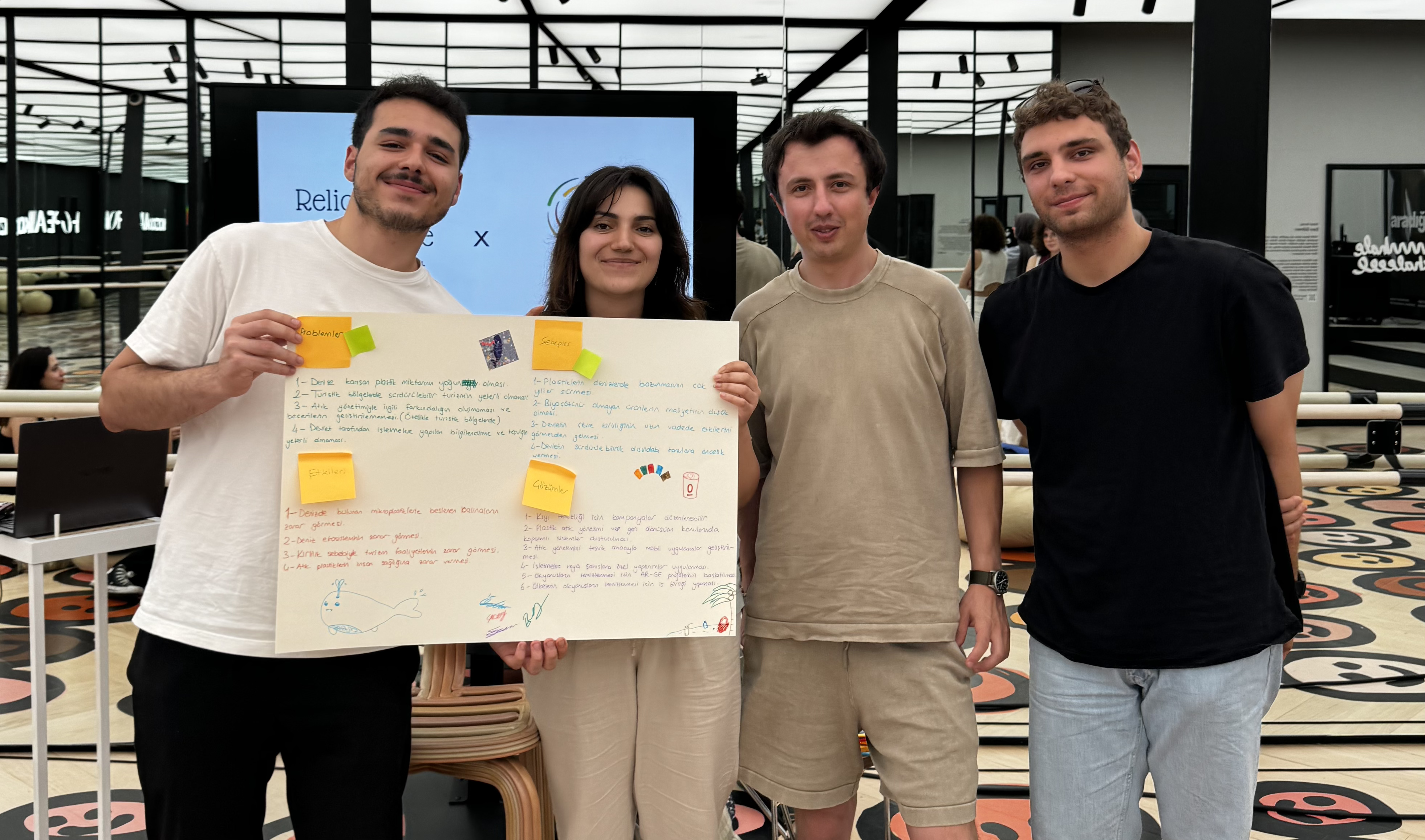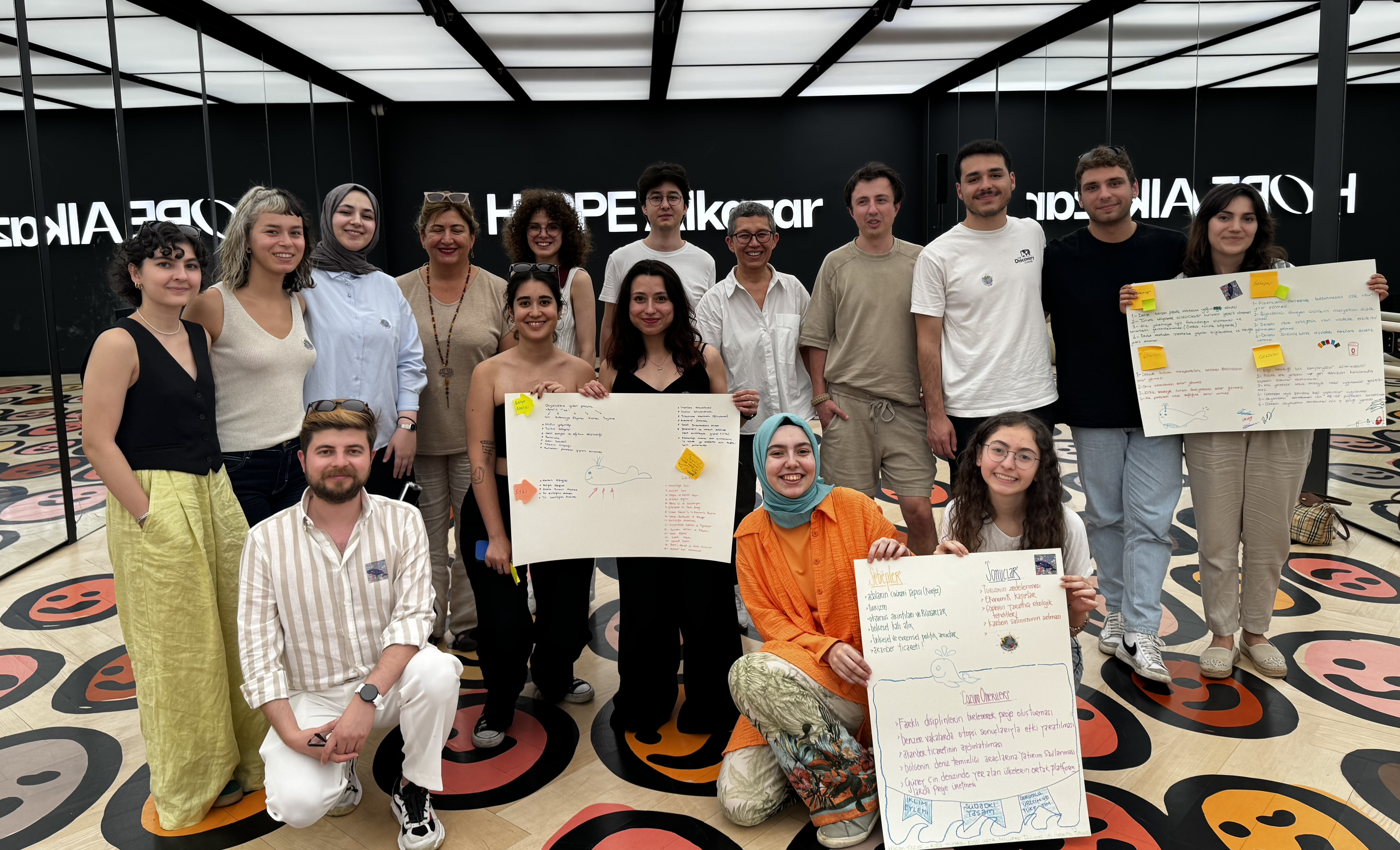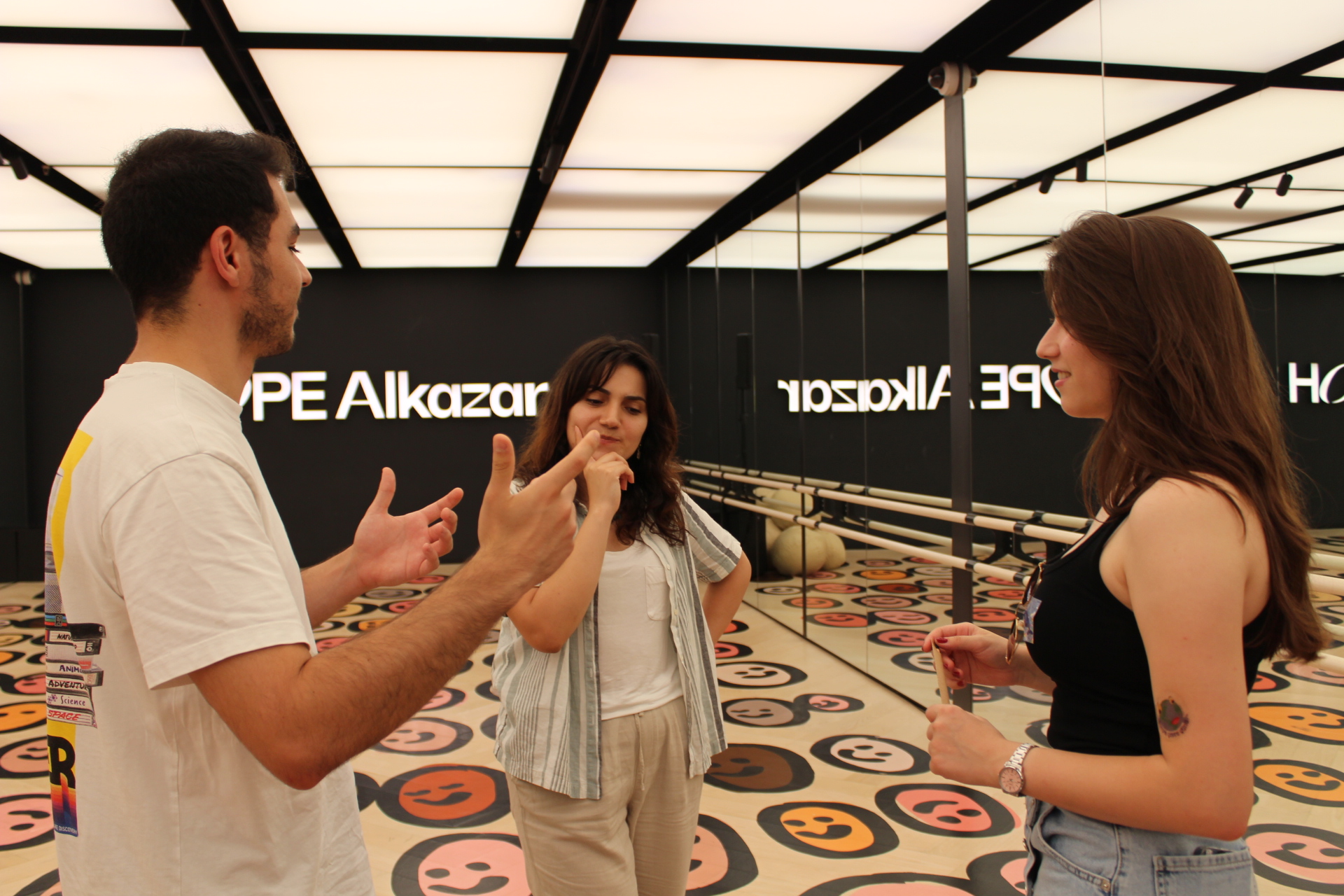Case Study: Waste Management
Published:
On World Environment Day, ITU SDG Hub and Relique Experience Movement held a case study event on “Waste Management”, focusing on the incident of a Sperm Whale found washed ashore with 6 kilos of plastic in its stomach. This event highlighted the importance of waste management in achieving sustainable development goals, offering an experience that raised awareness and focused on solutions. The incident drew attention from international organizations like WWF and the UN, emphasizing it not just as an environmental issue but a societal duty.
Why waste management is important?
Waste management is crucial for maintaining a healthy environment, conserving natural resources, and ensuring public health and safety. Proper waste management practices reduce the amount of waste that ends up in landfills and oceans, minimizing pollution and its harmful effects on wildlife and ecosystems. Effective waste management also conserves resources by promoting recycling and the reuse of materials, which can reduce the demand for raw materials and lower greenhouse gas emissions. Additionally, well-managed waste systems prevent the spread of diseases and mitigate health risks associated with improper waste disposal. By prioritizing waste management, we can foster sustainable development, protect biodiversity, and improve the quality of life for communities worldwide.

What can we do to save the Sperm Whale?
As a result of our case study, we have identified several measures to save the Sperm Whale and other marine life that we can take at both individual and societal levels. We can minimize plastic use in our daily lives, avoid single-use plastic products, and opt for reusable alternatives as crucial steps to reduce marine pollution. Proper segregation and recycling of waste are vital in preventing environmental pollution, requiring our conscious efforts and those of local authorities. We should organize educational and awareness campaigns, particularly targeting children and youth, to increase environmental consciousness. Additionally, by volunteering in marine cleanup activities, we not only directly contribute to environmental protection but also raise societal awareness.

Acknowledgments
I extend my gratitude to all participants who joined us in this meaningful event on World Environment Day, to Saf Nutrition for their support, and to Hope Alkazar for hosting us. I look forward to new experiences and continuing to take steps together towards protecting our environment and seas.


